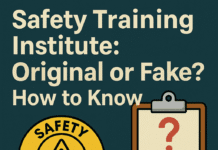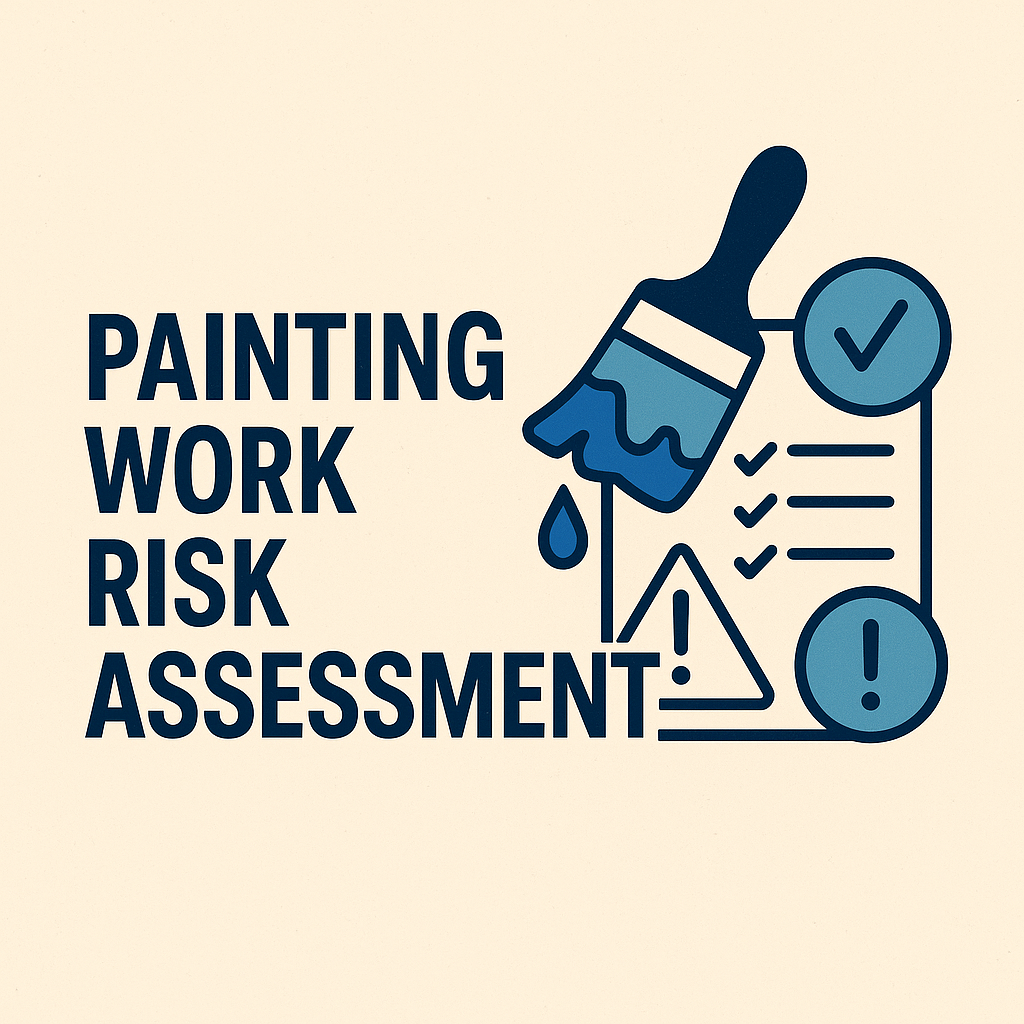
Associate Safety Professional Course: Building a Safer Tomorrow
Introduction
Associate Safety Professional Course : In an increasingly complex and hazardous world, safety professionals play a critical role in safeguarding individuals, organizations, and communities from potential risks and accidents. The Associate Safety Professional (ASP) course is a comprehensive training program designed to equip aspiring safety professionals with the knowledge, skills, and expertise needed to promote safety, prevent accidents, and ensure compliance with relevant regulations. This article delves into the significance of the ASP course, its key components, and the potential career prospects it offers.
1. Understanding the Role of Safety Professionals
Safety professionals are at the forefront of preventing accidents and injuries in various industries. They analyze workplace hazards, conduct risk assessments, develop safety protocols, and provide training to employees to ensure a safe working environment.
2. What is the Associate Safety Professional Course?
The Associate Safety Professional course is a certification program administered by the Board of Certified Safety Professionals (BCSP). It is tailored for individuals seeking to establish a career in occupational safety and health. The course covers a wide range of topics, including hazard recognition, safety management systems, emergency response planning, and regulatory compliance.
3. Eligibility Criteria for the Associate Safety Professional Course
To enroll in the ASP course, candidates must meet specific eligibility requirements. Typically, a bachelor’s degree in a related field, such as engineering, environmental science, or industrial hygiene, is required. Alternatively, relevant work experience may compensate for formal education.
4. Course Curriculum and Structure
The ASP course is structured to provide a comprehensive understanding of safety principles and practices. The curriculum is divided into modules, covering various topics, and concludes with a comprehensive examination.
4.1 Introduction to Occupational Safety
This module offers an overview of the field of occupational safety and health, its historical development, and its importance in modern workplaces.
4.2 Hazard Identification and Risk Assessment
In this section, students learn how to identify potential hazards in different work environments and perform risk assessments to determine the likelihood and severity of accidents.
4.3 Safety Management Systems
This module explores the implementation of safety management systems to ensure that safety policies and procedures are effectively integrated into an organization’s culture.
4.4 Fire Prevention and Emergency Response Planning
Participants gain insights into fire prevention techniques, emergency response planning, and evacuation procedures to mitigate potential hazards.
5. Benefits of Completing the ASP Course
Completing the ASP course offers numerous advantages for aspiring safety professionals:
5.1 Enhanced Job Prospects
Certification as an Associate Safety Professional increases job opportunities and opens doors to careers in various industries, including construction, manufacturing, healthcare, and more.
5.2 Demonstrated Competence
The ASP certification demonstrates a candidate’s competence in safety practices and principles, instilling confidence in potential employers and clients.
5.3 Professional Growth
The ASP course equips individuals with knowledge and skills that foster professional growth and advancement in the field of safety.
6. ASP Exam Preparation Tips
The ASP examination is rigorous, and candidates must be well-prepared to succeed. Here are some useful tips for exam preparation:
6.1 Review Course Materials Thoroughly
Carefully review all course materials, including textbooks, lecture notes, and practice exams, to reinforce your understanding of the topics.
6.2 Take Practice Tests
Taking practice tests can help you become familiar with the exam format and improve time management during the actual exam.
6.3 Join Study Groups
Joining study groups allows you to discuss complex concepts with peers and gain new perspectives on various topics.
7. Career Opportunities for ASP Certified Professionals
The ASP certification opens doors to a wide range of career opportunities, including:
7.1 Safety Specialist
Safety specialists work to ensure that an organization’s safety protocols comply with industry standards and government regulations.
7.2 Industrial Hygienist
Industrial hygienists focus on identifying and mitigating workplace health hazards, such as chemical exposures and air quality issues.
7.3 Environmental Health and Safety (EHS) Manager
EHS managers are responsible for overseeing an organization’s safety programs and ensuring compliance with environmental regulations.
Conclusion
The Associate Safety Professional course is a transformative journey that equips individuals with the knowledge and skills to create safer workplaces. By completing this course and obtaining the ASP certification, aspiring safety professionals open doors to rewarding career opportunities while contributing significantly to a safer and more secure world.
FAQs
1. How long does it take to complete the ASP course?
The duration of the ASP course varies depending on the program, but it typically takes around six months to a year to complete.
2. Is the ASP certification recognized internationally?
Yes, the ASP certification is recognized internationally and is highly regarded in the field of occupational safety.
3. Can I take the ASP exam online?
Yes, the ASP exam is available online, providing candidates with the flexibility to take the test from anywhere.
4. What is the passing score for the ASP exam?
The passing score for the ASP exam is typically set at 54%.
5. Can I pursue advanced safety certifications after completing the ASP course?
Absolutely! After completing the ASP course, individuals can pursue advanced safety certifications such as the Certified Safety Professional (CSP) designation to further enhance their career prospects.
























